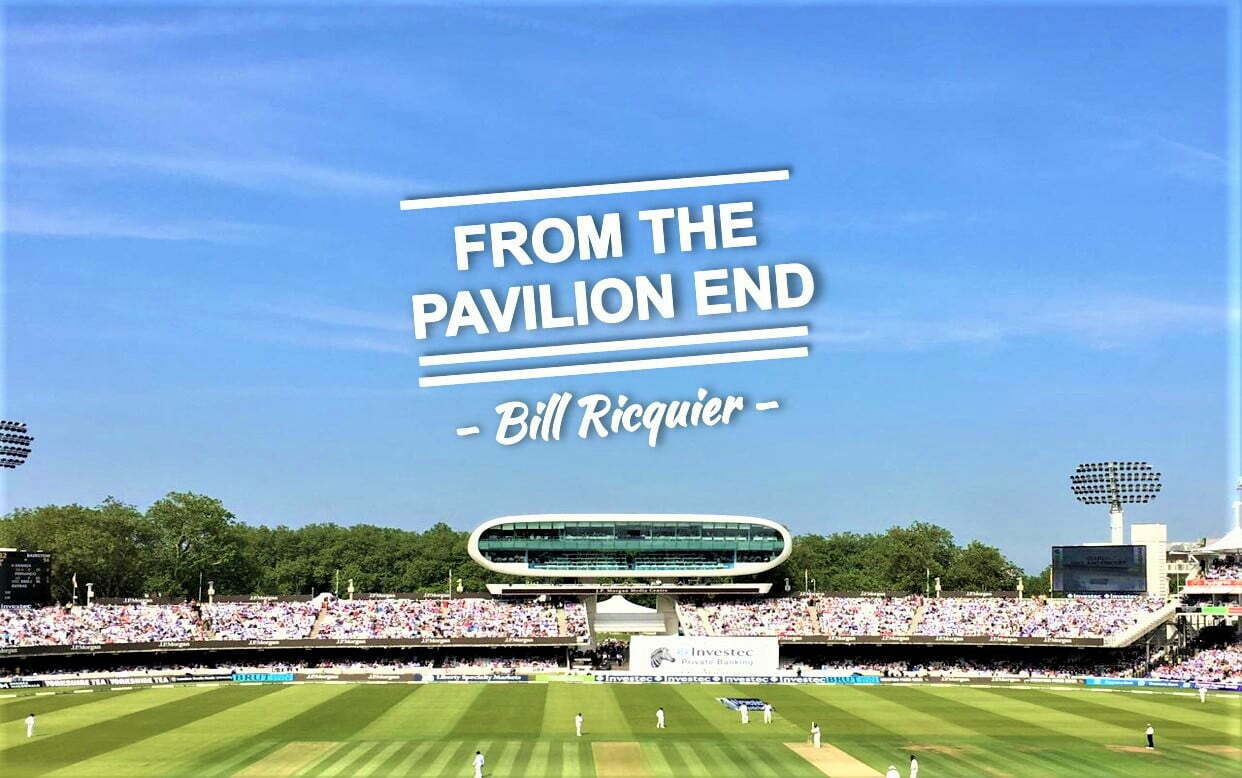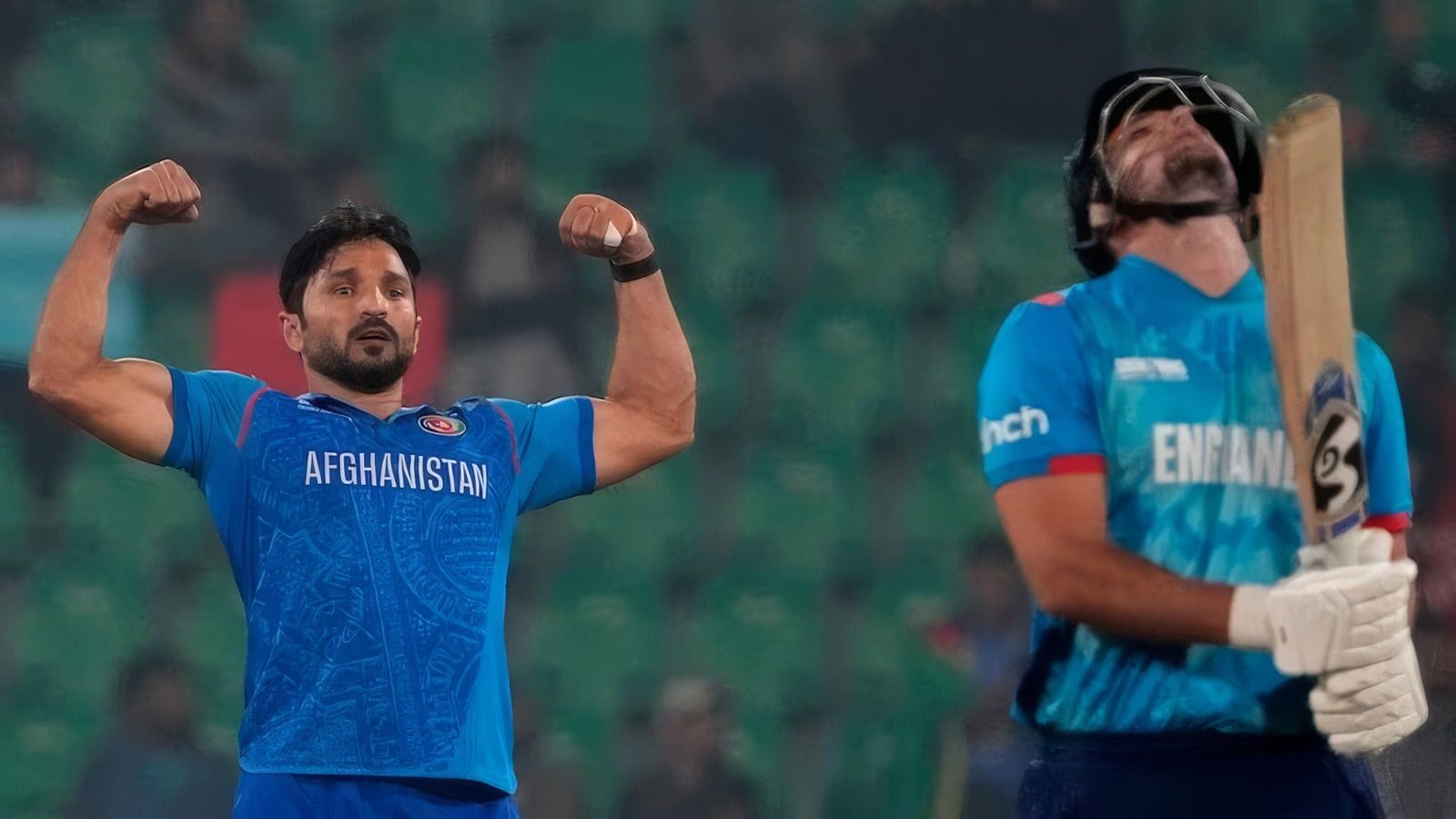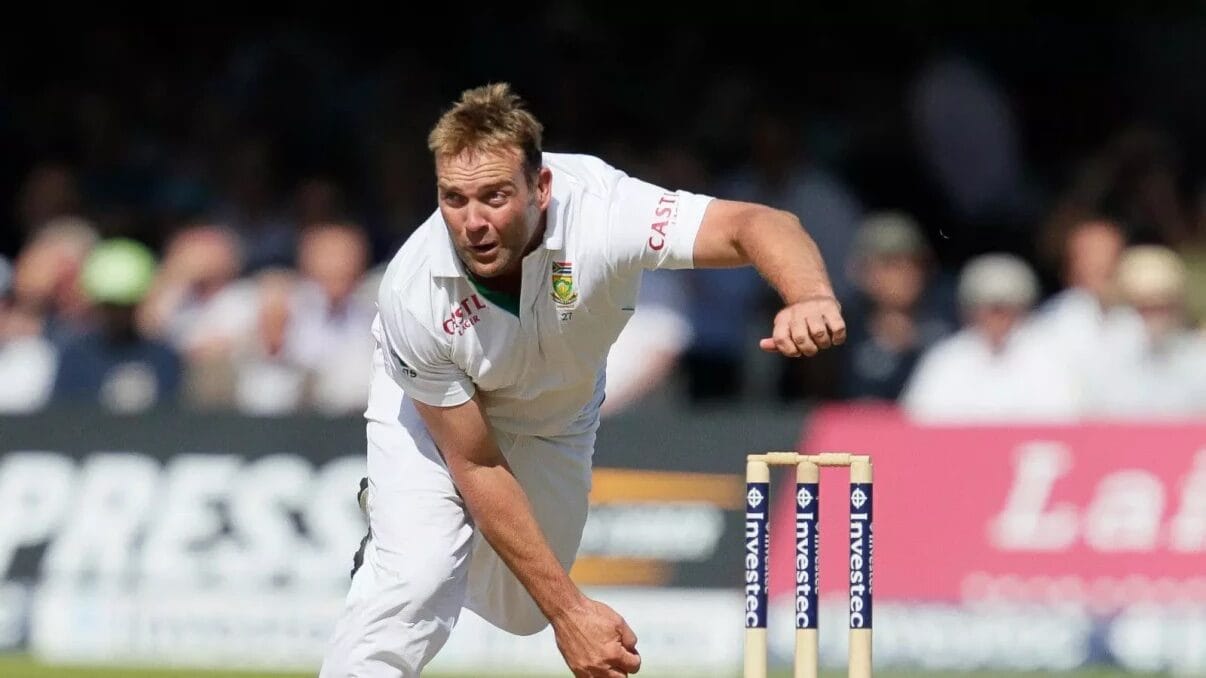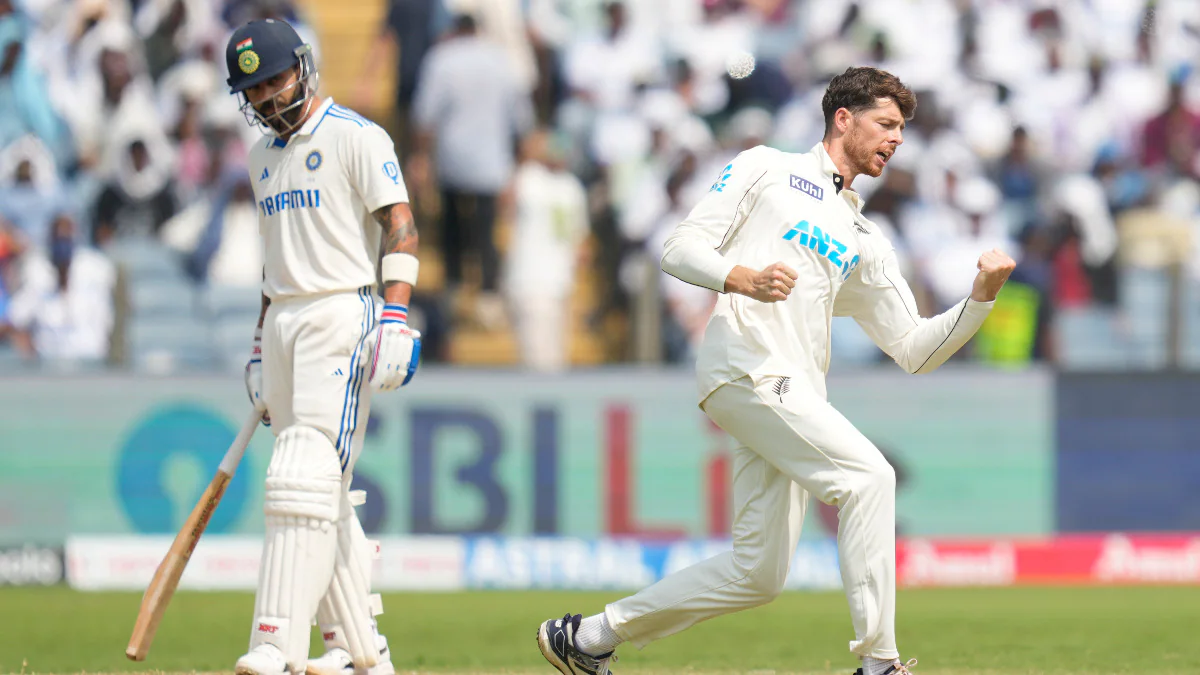The England and Wales Cricket Board (ECB) must have been dreaming that people would come to compare its controversial new gamble, The Hundred, with the undoubted brand leader in domestic short-format competitions, the Indian Premier League (IPL). Well, their dream has come true, earlier than they could have wished. There must now be a strong case for saying that neither should be allowed to take place.
Of course the cases are very different.
Looking at the situation now, in the first weekend of May, it seems bizarre that the IPL should have been allowed to start in India. The 2020 “edition”, as we have to call it, was initially postponed and then eventually held in the UAE. Of course there has been plenty of international cricket in India this year. England and India contested successive series of Tests, T20Is and one-day internationals, most of them, but not all, behind closed doors. There was no doubting the integrity of the bio-secure bubble. But is that the only consideration?
As the competition has proceeded in almost surreal fashion, it has been impossible to ignore the admittedly superficial analogy it provides to the glaring contrasts India offers to the world. Even the least observant Western visitor to this extraordinary and fascinating land can hardly fail to notice the difference between his or her – at the upper range – palatial hotel accommodation, and life for the swarming mass of the local populace on the streets outside.
Somehow the IPL taking place right now seems to be a metaphor for this admittedly simplistic and slightly tired observation. India is cricket’s ring -master; its economic influence is unsurpassable. People talk about the Big Three but the reality is that the game’s former autocrats, England and Australia, are trailing rather desperately in their brash new ally’s wake. And for India, and its commercially dexterous governing body, the Board of Control for Cricket in India (BCCI), the IPL is the star act.
The BCCI don’t own the IPL. As is well known, India has gone down the independent franchise route, with teams being owned by wealthy industrialists and Bollywood personalities. Most of the franchises made losses in the first couple of years. As can be imagined, the cost of operating an IPL franchise is astronomical. But the IPL has been a huge success, attracting big crowds because of its winning combination of star-quality players and a fun environment. And the franchises do good things; the Rajasthan Royals, just to take one example, run academies for young cricketers in England. This has been a point made in the ongoing debate about the IPL, that the franchises make a significant contribution to the Indian economy in terms of things such as employment, and, of course, tax. At the end of the day, though – and this is at the heart of the current dilemma as to whether the current contest should continue, at least in India – the IPL is about one thing: money.
Not the least indication of this is, of course, the players. The IPL auction has become one of the most eagerly anticipated and observed events in the cricket calendar. The most expensive player in this year’s edition – in fact the most expensive in any IPL auction – is the Rajasthan Royals’ Chris Morris, who fetched the Indian equivalent of GBP 1.6 million. Chris Who? you ask. Well, the South African all-rounder has a modest international record but he has proved his worth in previous editions of the IPL. Morris, however, is not the highest paid player in the IPL. That, not surprisingly, is the captain of Royal Challengers Bangalore, and of the Indian national team, Virat Kohli. He has never been subjected to the indignity of an auction.
Cricketers in India, again as everyone knows, have a specially exalted status. This is obvious when one thinks about superstars like Sachin Tendulkar, M S Dhoni (still in charge of the Chennai Super Kings) and Kohli. Even Morris is surely much better known, and more appreciated, in India than in his native South Africa.
At the best of times, then, the IPL is like a gilded cage. This edition was always going to be different, with no crowds. One feels that, as a TV spectacle, the IPL has more in common with Premier League football than either has with Test cricket. The “Lord’s murmur” works well for televised Tests. The roars, screams and groans – and I’m not just talking about KP in the commentary box – and is that Billy Cooper’s trumpet one hears occasionally? gives an air of something like desperation to the proceedings. The cricket itself has been fine, and sometimes of a high quality.
But it is taking place in a vacuum that is not limited solely to the fact that there are no spectators in the ground. Outside the hugely privileged bubble there is what can truly be described as carnage. Death and despair stalk the streets of this massive and diverse land. The hospital system, the health system as a whole, are in a state of apparently terminal collapse. There are heart-breaking stories of the efforts being made by people trying to get oxygen for their loved ones. Funeral pyres are accumulating on the streets of towns and cities. The numbers of the sick and the dying are off the scale; nobody believes them.
And the IPL just carries on. The players have their CEAT Tyres Strategic Timeout and the commentators earnestly discuss whether the left-arm seamer should be bowling over the wicket rather than round. How many people in India have died in those few minutes?
Inevitably people have questioned whether the tournament can continue. To put it crudely, it must be in the franchises’ interests that it should do so, and the BCCI have shown support in that regard. The prevailing view in India – and, really, nobody else’s view matters – seems to be that it should continue. The competition is almost half way through. The question posed by the adherents of the status quo is, what would be gained by abandoning it now? There are fairly minimal facilities that would be freed up for use against the pandemic, such as an ambulance at each ground. The strongest argument seems to be that at this gruesome and challenging time in the nation’s history, the IPL brings a little joy to people’s lives.
There are countervailing arguments of course. The cricket writer Karunya Keshav, has written persuasively, and regretfully, in favour of stopping the games. She says the succour and relief argument is an example of “toxic positivity”, like telling a clinically depressed person to pull themselves together. It is true that the “optics” of allowing the competition to continue in these desperate times are disturbing. Keshav says she might have felt differently if the IPL had taken a public stance on the calamity that is the pandemic in India. As it is, only the players have come forward, a number of them led (chronologically) by Pat Cummins, making generous donations to fight the pandemic. The BCCI president finally made a statement, saying the cricketers were “playing for humanity”, which is nice but slightly pointless.
In the end it is likely to come down to the players. Some have already voted with their feet. A senior Indian player, R Ashwin, has left, apparently temporarily, to be with his family; his parents and both his daughters have contracted COVID. Three Australians, none of whom had actually played so far, have left, clearly concerned about their homeland tightening its borders. As I write this Australia has announced that it will be a criminal offence, for the time being, for an Australian citizen to enter Australia directly from India. It is a stressful situation for all the players, however comfortable and safe the bubble might be. One suspects that many a discussion in the CEAT Tyres Strategic Timeout turns on not “Who should bowl the next over?” but “How the hell do we get out of here?” We know, from years of listening to Sunil Gavaskar and Ravi Shastri on the telly, that the Indian players are unlikely to criticise the Establishment. But if someone like Kohli were to say “This has to stop”, one feels it would.
Of course the situation with The Hundred is quite different. I was only half joking when I said it had to be stopped. COVID prevented it from happening last year. At the time of writing it seems likely to happen this year.
The ECB will be praying that it does and that it works. It was the – brainchild? – plaything? – of former ECB chairman Colin Graves, who kept on saying, not surprisingly for someone in his exalted position, how much he liked cricket, but actually you got the feeling he really didn’t.
Whether he liked it or not, he clearly had no faith in its value as a “product” and of course that is all that matters: ask the franchise owners in the IPL. The ECB are playing catch up with The Hundred, and it’s a bit desperate with its 10-ball overs and its foreign coaches, all paid a fortune, and all the rest of it. Hopefully the mums and kids – Graves’ target constituency – will be able to work out what’s going on. I’m not sure I can be bothered.
Perhaps cricket – certainly red ball cricket – will have to resign itself to being a minority sport in England. The much derided County Championship, which Graves would clearly like to have consigned to oblivion, has had a wonderful start to the season. Thanks, in fairness, to the ECB, every game is available to watch on live streaming. Apparently over 2 million people viewed some part of the first 3 rounds.
Of course nobody can watch live at the moment anyway, but that seems likely to change. I understand the live stream will continue. People really are interested in the county game even though obviously many people don’t have time to watch it live midweek. That is why the live stream is so good. It might seem rather an empty experience to sit watching odd moments from a 4-day cricket match on your phone. But, as Woody Allen said about sex without love, as empty experiences go, it’s not bad.





5 comments
Piers Pottinger
A well argued and well written piece as always . You may incur the wrath of Mia Farrow and her supporters with your closing reference to her erstwhile hubby. She may not notice as I do not think cricket is foremost in her interests !
Trevor
An excellent article Bill and I totally agree with your sentiments.
richard sayer
Bill
Wise words. I am slightly on the side of bring a little joy in a joyless situation.
As for the Hundred Graves et al must be pleased that at least they haven’t got Boris endorsing it…
Richard
Binoy
Well said Bill!! Most of us are not watching or live streaming the game. The situation in India is really very grim!! I just hope that the daily death toll goes southward soon.
Will Inglis
Beautifully put Bill. I take it that even if you are allowed out of Singapore and into the UK, I shan’t be seeing you at a Hundred (or is it a The Hundred?) match this summer.
Will
PS – probably just as well as I shan’t be there either.